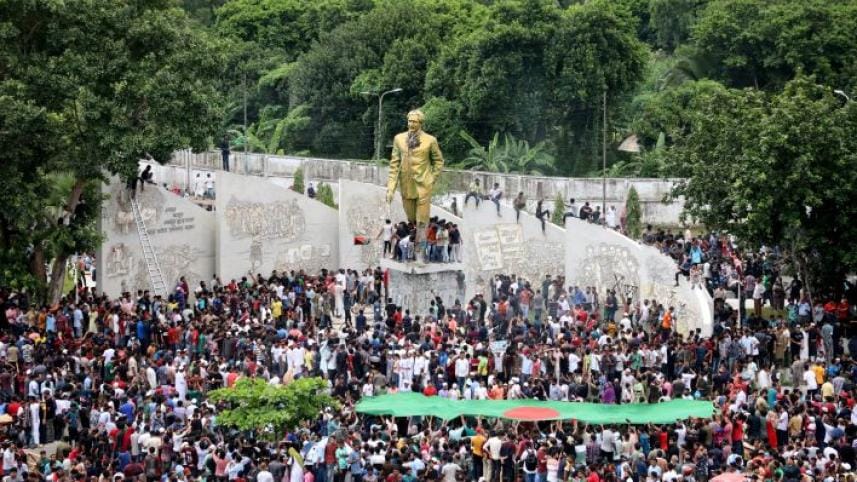A nation's need for soul searching

We have done the unthinkable—bring down a dictator—only to realise that the fascism within the body politic—and within ourselves—is much harder to dislodge than a once-invincible regime. If we are to do better as a nation than we have in the past, we must do the hard work of looking inwards and collectively figuring out the root causes of our dispossession and deprivation.




 For all latest news, follow The Daily Star's Google News channel.
For all latest news, follow The Daily Star's Google News channel.
Comments